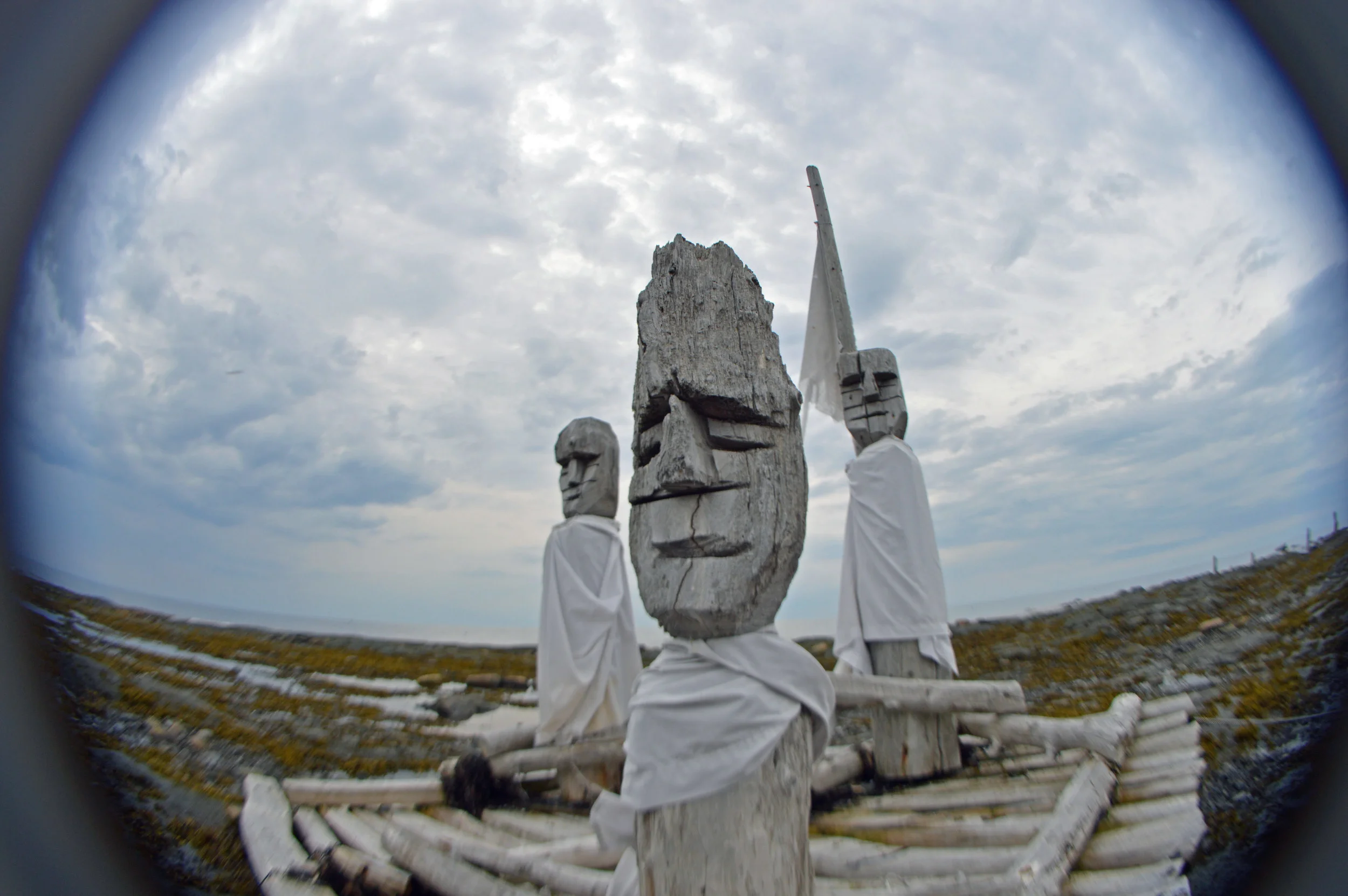Request: If this blog teaches or inspires you, please Comment, Like and Share!
Opinion: With fossil fuels becoming industry fossils, how well can nuclear energy swim?
When I was a teen, I stood in front of one of the world's first nuclear reactors in Ontario, Canada. At 3:45 PM, September 5, 1945, someone flicked a switch and Canada was nuclear. Even though we were told that you cannot feel nuclear radiation, I still felt a weird tingle, a ZEEP! Twenty minutes later I was standing on top of a CANDU reactor and looked inside. I felt zeepy again. Nowadays, when I see a potentially dangerous design, I sense its zeepness, but sometimes it turns out to be no big zeep.
During my high school "grunt-phase of existence", I worked as a "grunt" at a high-precision manufacturing shop. We made laser parts, military parts, nuclear parts, and special parts for other parts. We manufactured low-volume specialized stuff. As for nuclear parts, we made exotic metal thingies for nuclear research stuff. Looking back, I think those were parts for medical isotope production. Not sure, grunt-grunt. The parts were made of a toxic metal, so special process restrictions were used. Special stuff is always more special. In accounting, that quickly translates to "more expensive".
The reality of nuclear energy is that it requires lots of specialized thingies to jump start this complex pile* of special parts to life - even more to make them "safe" to operate. This complexity in manufacturing is the harsh economic baggage we drag forward into battle with climate change. The simple systems to generate green energy will eventually produce our green juice much cheaper than traditional nuclear systems. When accounting does a vertical cost analysis of "per Watt of energy", how can nuclear energy survive? Hint: It ███'█.
I still tingle when I think of nuclear safety. This is irrational? After Fukushima, it seems completely normal. Be glad that Canadian nuclear technology and American nuclear technology are two very different beasts, Canada uses heavy water, the CANadian Deuterium Uranium process. This is important since it's a safer design and eliminates some worries about messy "core meltdowns" like Chernobyl, Three Mile Island & Fukushima. What's the vertical cost analysis on that dinner tab? Can tritium cause zeepitis?
Seems Canadian government used to have more input on smart safety, although heavy water reactors do have an enhanced neutron economy, CANDU's are much more expensive than those that blowed up real good. Heavy water is also a design safety consideration, one that today would probably be crossed off the safety list before it even spilled onto the drafting board. Canada's government decided extra cost for neutron economy and safety were worth it. Well, were they, punk?
The US Government let industry "take the wheel". We now see the track record and the cost of nonconformance. A toxic legacy and lives destroyed. So, is nuclear a smart choice moving forward? Maybe, but probably not, there is competition in them-there hills.
When it comes to climate change, seems there are a few nuclear issues central to nuclear energy - sea level rise. As it sinks, America should decommission 9 nuclear facilities for sea level risk. The UK should address** 12 of its 19 nuclear energy facilities.
Two of nuclear energy's stickiest steps are the durations to manufacture and decommission a nuclear plant. Don't forget that after removal of said zeepy generation, the area must be secured and idled for another 40 years. Exciting! Smells like a non-value added party, to me. How will the nuclear industry manage sea level and compete with new greener energy tools? You tell me, I would love an executive summary.
By leveraging locally produced energy using a smart grid, it seems the era of very large centralized energy generation is an odd green thumb. Large nuclear will also have to compete with small nuclear reactors. Small nuclear reactors will have to compete with other green solutions. So, who will win?
We win! Okay, I made that up, but the economic shift away from big neutron economics adds up. With the new green energy sparking to life some US nuclear is now being idled due to cost. When the fuel is free and operational costs are lower, the nuclear accountants say, "turn if off, we can't make any money today". Do they feel the zeep?
What gives me the zeeps are the nuclear facilities that won't remain solvent to decommission their facilities due to sea level rise. Quite zeepy!
* - another pointless*** play on words.
** - "address" is British for decommission.
*** - well, maybe not.
